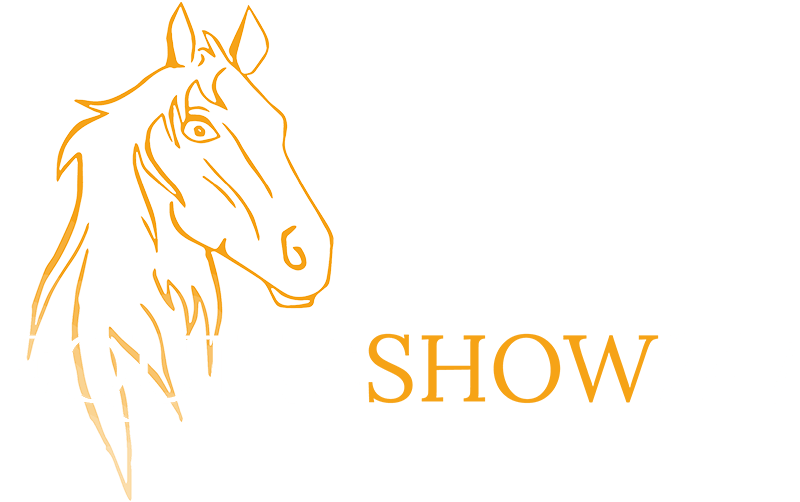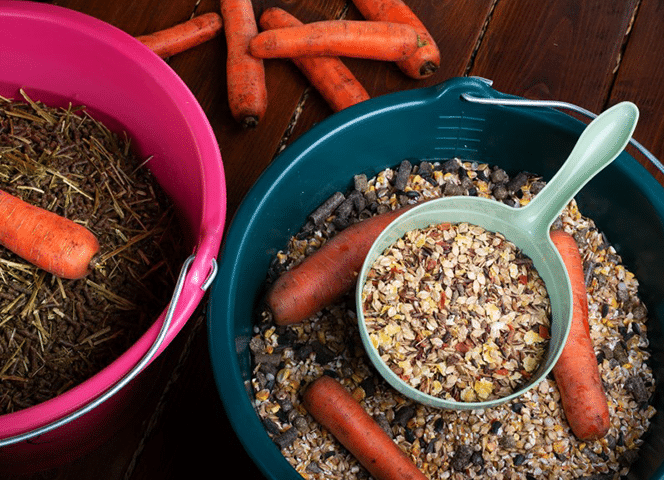Selecting the right horse feed is crucial for the overall health, performance, and well-being of your equine companion. With a wide range of options available, finding the perfect feed can be overwhelming. In this comprehensive guide, we will walk you through the essential factors to consider when choosing horse feed, helping you make an informed decision that meets your horse’s nutritional needs.
1. Assessing Nutritional Requirements for Your Horse: Understanding your horse’s nutritional requirements is the first step in choosing the right feed. Factors such as age, breed, weight, activity level, and health condition play a crucial role in determining the specific nutrients and feed composition your horse needs.
2. Evaluating Forage Quality and Quantity: Forage, including hay and pasture, forms the foundation of a horse’s diet. Assessing the quality and quantity of forage available is essential to determine the supplementary feed requirements and ensure a balanced diet.
3. Understanding Types of Horse Feed: There are various types of horse feed available, each with its own nutritional composition and suitability for specific horses. Familiarise yourself with the different options, including concentrates, complete feeds, grains, and supplements, to make an informed choice.
4. Checking Feed Labels and Ingredient Lists: Reading and understanding feed labels and ingredient lists is crucial to determine the nutritional value and quality of the feed. Look for key information such as protein, fibre, fat content, and the presence of essential vitamins and minerals.
5. Considering Special Dietary Needs and Health Conditions: Some horses may have specific dietary needs or health conditions that require specialised feeds or supplements. Consider any allergies, sensitivities, or conditions your horse may have when choosing the right feed.
6. Seeking Expert Advice and Consulting with Professionals: When in doubt, seek guidance from equine nutrition experts or consult with professionals such as veterinarians or equine nutritionists. They can provide personalized recommendations based on your horse’s specific needs and assist in choosing the ideal feed.
Choosing the right horse feed is a critical decision that directly impacts your horse’s health, performance, and overall well-being. By assessing nutritional requirements, evaluating forage, understanding feed types, checking labels, considering special needs, and seeking expert advice, you can make an informed choice that supports your horse’s specific needs. Remember, a well-chosen feed contributes to a healthy, happy, and thriving equine companion.
This article was supplied to EquineShow247 by John Rymer Equine Sales, Marketing and Customer Support for Bluegrass Horse Feeds





